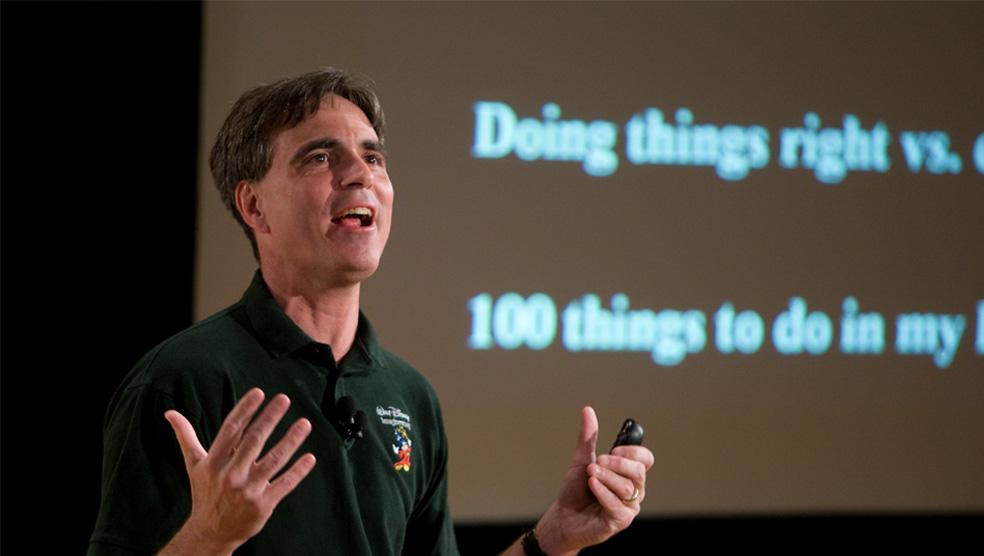The Nest…Egg

If you are in a Book Club, chances are you have read The Nest or are thinking about doing so. It is the story of four adult children and the impact an impending inheritance has on all of their lives. It has been on the New York Times best-sellers-list for most of the Spring. Naturally it caught our attention. We won’t spoil the pleasure of a good read for those of you who still have the book sitting on your to-do list, but suffice it to say, the intentions of the father who established “the nest” aren’t exactly fully realized.
As Gifting Sense moves into the second half of the year and more and more people are learning about our mission and vision, it is getting easier and easier to tell our story. We want to help parents immunize their children against developing poor spending habits and all of the downstream issues those can create later in life. We haven’t met a single person who hasn’t liked our novel (pardon the pun) approach. Some folks have told us they worry Gift Surveys remove the element of surprise from birthday and holiday gift giving. We believe a reasonable fix for this concern is to have kids complete two or three at a time. Only the gift givers will know which item is actually going to be purchased – but they will also know that whatever it is they are buying, will really be used and appreciated.
The jury is out on the benefits of giving nest eggs, so don’t worry if you don’t have one to pass onto your adult children. Instead, consider the thing that most personal finance experts do agree on, the importance of good personal spending habits, and begin to teach your kids how to build their own solid financial futures.
For most of us, deciding how to distribute our (end-of-life) wealth isn’t a big concern. We’re happy to get our families through some sort of post-secondary education with as little debt as possible and maybe help out with the cost of a wedding. In fact, after Financial Literacy, the next best gift we can give our children just might be not becoming a financial burden for them as we retire and age. The jury is out on whether or not large anticipated inheritances do more harm than good. Stanley and Danko discussed the possible perils of giving adult children lifestyle-sustaining gifts of money in their book The Millionaire Next Door over twenty years ago. Warren Buffet has spoken at length about his views on inheritance; he prefers to give values versus valuables. The history books are filled with families who have passed on wealth, sometimes successfully, but oftentimes not.
If you want to do everything you can to make sure that your adult children won’t ever find themselves in the position of the fictional Plumb Family, consider asking their young selves to use Gift Surveys the next time they are looking to make a meaningful purchase or generate a wish-list. It really is possible to get your kids the things they want, will use and appreciate, while teaching them about the value of a dollar.
Families are discovering that Gift Surveys allow them to make (gift) purchases with relaxed confidence. At their completion, everyone knows how much an item will be used or appreciated, what it actually costs, what the warranty is, what possible future use there might be for the item in question… Forwarded Gift Surveys especially help out-of-town family members get to know their grandchildren, nieces and nephews better. They help underscore the fact that some things are just too expensive to hope to receive from one person. They reduce the number of under-used items in our homes. In fact, when you add it all up, Gift Surveys actually do a lot of good for the tiny tiny trade-off of not receiving a complete surprise, which may or may not, be pleasant!

The definition of a nest egg is a sum of money, typically saved over a long period of time, destined for a future meaningful purchase, for example a home. As the jury is out on whether or not giving nest eggs accomplishes their intended goal, why not just focus on beginning to teach your kids how to build their own? Click on the pink or green buttons below and learn how you can start that process today. It all begins with the simple habit of thinking before buying.




